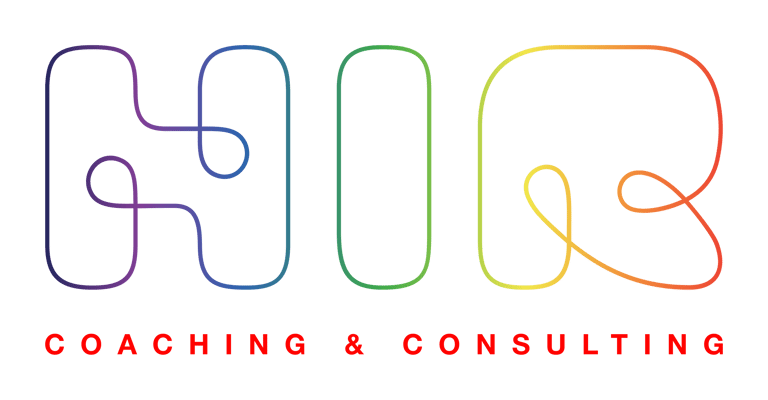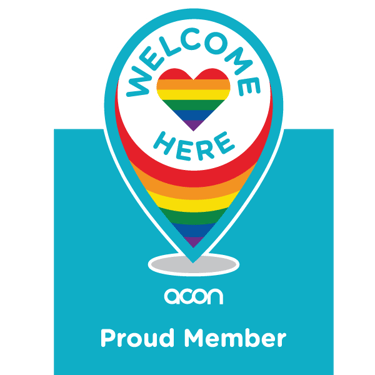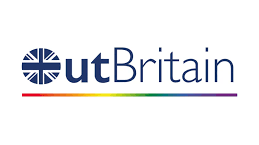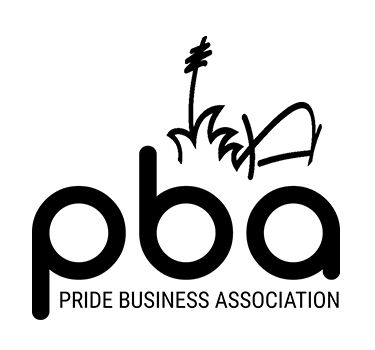Coming Out
As part of Pride Month, I was given the opportunity to review a new resource designed by psychologists to support people through the coming-out experience. It’s a thoughtful, evidence-based tool created to help individuals—and their families—navigate one of life’s most vulnerable and defining moments
FOR ORGANISATIONSFOR YOU
James
6/24/20256 min read

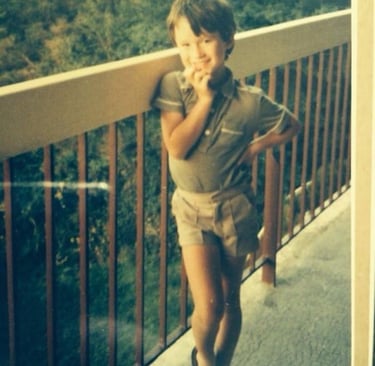
There are moments in life that split time into before and after. Telling someone you love them. Saying yes to a new job. Holding your breath as you wait for a diagnosis. These moments demand courage, truth, and a willingness to step into the unknown—because once you speak the words, you can’t unsay them.
Coming out is one of those moments. Whether you’re gay, straight, bi, trans, or still figuring it out, the journey to being fully seen is deeply human. And it’s easier—more powerful, even—when you understand your unique personal strengths. Knowing what energises you, what you’re naturally good at, and where your potential lies doesn’t just build confidence; it gives you the language to show up in the world as your most authentic self.
As part of Pride Month, I was given the opportunity to review a new resource designed by psychologists to support people through the coming-out experience, you can read about it here. It’s a thoughtful, evidence-based tool created to help individuals—and their families—navigate one of life’s most vulnerable and defining moments. You’ll find it here.
What struck me most is how much it centred on strength—not just emotional resilience, but the specific qualities that make us who we are. Whether you're coming out, supporting someone who is, or simply figuring out your place in the world, knowing your strengths is a game-changer. It gives you clarity, confidence, and a deeper connection to your identity—whatever that may be.
So, in the spirit of Pride Month, I thought I would share a piece of my coming-out story, too.
I grew up Catholic—altar boy, nuns in the classroom, all boys’ school where footy was the unofficial religion. Being gay? It wasn’t talked about. Not even in whispers. At 15, I remember asking to see the school counsellor, only to find she was a trainee nun. I sat there thinking: “You are not the one I’m going to tell.”
It wasn’t until I was 18 that I found a psychologist, via my GP, who helped me start unravelling the knot. By then, school had become a place I survived by sticking close to the art room, where the teacher created a safe space for me and a couple of other boys who weren’t made for the footy field.
Around that time, my parents split up. I briefly moved in with my dad, then left for university in Manchester—and that’s when it all began to shift.
I came out to both of my parents separately, within weeks of each other. And the difference in their responses? It stunned me.
I’d always been a mummy’s boy.
I thought she’d be waving rainbow flags the second I told her.
She worked as the accountant for a gay nightclub owner, for God’s sake.
But instead, she was horrified.
We were shopping for her; she needed a new work suit, and we were having a lovely day in London’s West End. I suggested that we look at Calvin Klein, not a brand she would typically have considered, but I convinced her to try one on. She loved it, really loved it, and it looked great. “How did you know to come here?” she asked innocently, and when I joked, “Well, what do you expect, having a gay son?” her face dropped. I was pretty much dragged out of the shop like a naughty toddler, but I was 19 years old.
We took the underground back to the house where I grew up in silence, and when we finally got inside, she asked, “What will I tell the neighbours?” That moment is burned into my memory.
Our relationship has never really been the same since.
She’s tried, inviting my boyfriends over for dinner, though it always felt brittle. At her place, we had to stay in separate rooms.
At my dad’s? We’d share a room, and he’d bring us tea in bed. No drama, just love.
And here’s the twist—Dad, the workaholic, I’d never been close to, was the one who made it easy.
I was visiting London from university and staying at my Dad’s house. After dinner at a local restaurant, we watched Graham Norton and shared at least one bottle of wine, maybe closer to two and an affogato each.
During the commercial break, Dad asked if I had a girlfriend. I said no. Without skipping a beat, he asked if I had a boyfriend.
I was caught off guard, but I said something like, “Well, he’s not really a boyfriend, but I am seeing a boy (I’m still friends with him today).” Dad just said, “Don’t tell your Nonna; she won’t like it.”
Despite being born in Venice and a devout Catholic, I had to tell him she already knew and was completely supportive; she’d known about my sexuality for about a year by this point and was the first grown-up I’d told.
Dad and I didn’t talk any more about gay that night. But it brought us closer than we’d ever been. A couple of weeks later, he asked about the boy during a phone call. It had fizzled out, but we talked—really talked.
It takes bravery to ask the question when you already have a hunch.
Parents, listen up: if you suspect your child might be gay, don’t wait. Don’t make them come to you under pressure or fear. Be the one to open the door.
Coming out is an indelible memory—it sticks, for better or worse. And for me, those two conversations—one painful, one healing—still echo.
I bought a book for my mum back then: Now That You Know: What Every Parent Should Know About Homosexuality. Tongue in cheek and a rebel move in some ways, but also… a hint - that I wanted to talk about it. This was back in 1999; there wasn’t a lot of readily available support for parents. These days, there’s more information, more freedom, more representation. But most parents still go into it blind. So here’s my advice:
Be brave. Be gentle. Ask the question. And remember—it’s not about the neighbours. It’s about love, respect, acceptance (hopefully) and understanding.
Download the free guide from Online Psychologists Australia now: From surprise to support: A psychologist's guide to getting it right when someone comes out
As a coach, I’ve had the privilege of supporting people who come out later in life—sometimes after decades of living a version of themselves that felt safe, but not fully true.
For many, the workplace can feel like the final frontier: a space where identity meets professionalism, and the fear of judgment can be overwhelming. I’ve walked alongside clients as they navigated coming out at work—with their teams, their managers, or even their clients—and I’ve seen the transformation that happens when they stop hiding. It’s never too late to live authentically. With the right support, the journey becomes not only possible, but empowering.
Many LGBTIQ+ professionals face silent battles at work, and the data makes it clear. The Williams Institute UCLA School of Law highlight the extent of these challenges. According to their September 2021 report:
46% of LGBT workers have experienced unfair treatment at work at some point in their lives.
9% of LGBT workers experienced discrimination in the past year.
57% of LGBT employees reported that the unfair treatment was motivated by religious beliefs.
38% of LGBT employees reported experiencing harassment at work.
34% of LGBT employees have left a job due to treatment by their employer.
Additionally, the Diversity Council of Australia Out At Work study, conducted in partnership with RMIT University in 2018, found that LGBTIQ+ employees who are not out to everyone at work are twice as likely to feel down as employees who are out to everyone. They are 45% less likely to be satisfied with their job.
These aren’t just numbers—they’re people whose potential is being stifled.
That’s why it’s critical for employers to offer access to a coach with lived experience—someone who understands the nuance, the fear, and the courage it takes to show up authentically.
When queer staff feel genuinely seen and supported, their engagement, performance, and well-being skyrocket.
Inclusion isn’t a box to tick—it’s a strategic advantage, and coaching is one of the most powerful tools for unlocking it.
I'm not sure my being gay came as a surprise to anyone (I was about 10 here)
HiR Coaching & Consulting is a business name registered in New South Wales, Australia. ABN 53693942059
100% Money Back Guarantee
Foundations Program – Our Promise
The Foundations Program comes with a clear promise.
If, after completing Foundations, you:
do not get something positive from the experience and
do not make at least one agreed change identified in your initial 30-minute onboarding call
then you can choose one of two options:
A full refund, minus the cost of the Strengths Profile assessment, or
Continue working with me at no additional cost until you achieve a meaningful breakthrough.
This promise exists because Foundations is designed to create clarity, momentum, and real change — not just conversation.
Coaching Memberships – Flexibility, Not Guarantees
On-going coaching memberships do not come with a performance guarantee.
Instead, they are designed to be low-risk and flexible:
You can cancel at any time
There are no penalties or lock-ins
You stay because the coaching is useful — not because you’re tied to a contract.
12-Month Upfront Memberships – Pro-Rata Refunds
If you choose to pay for 12 months upfront, you’re entitled to request a pro-rata refund at any time if you decide the experience is not positive for you.
In this case:
The number of coaching sessions already attended will be deducted from the original amount paid
The remaining balance will be refunded accordingly
Important Notes
Coaching is not a done-for-you service. Results depend on your willingness to engage, reflect, and take action.
If at any point it becomes clear that the agreed effort and participation are not there, I’ll raise this directly and honestly.
If alignment can’t be restored, a refund of the unused portion of the coaching may be issued at the standard coaching rate.
Exclusions
Refunds and guarantees do not apply to the Resume & Career Upgrade Package or the Seven Days of Strengths self-guided program, due to the nature of the work and time already invested.
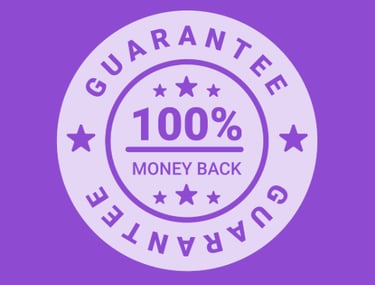

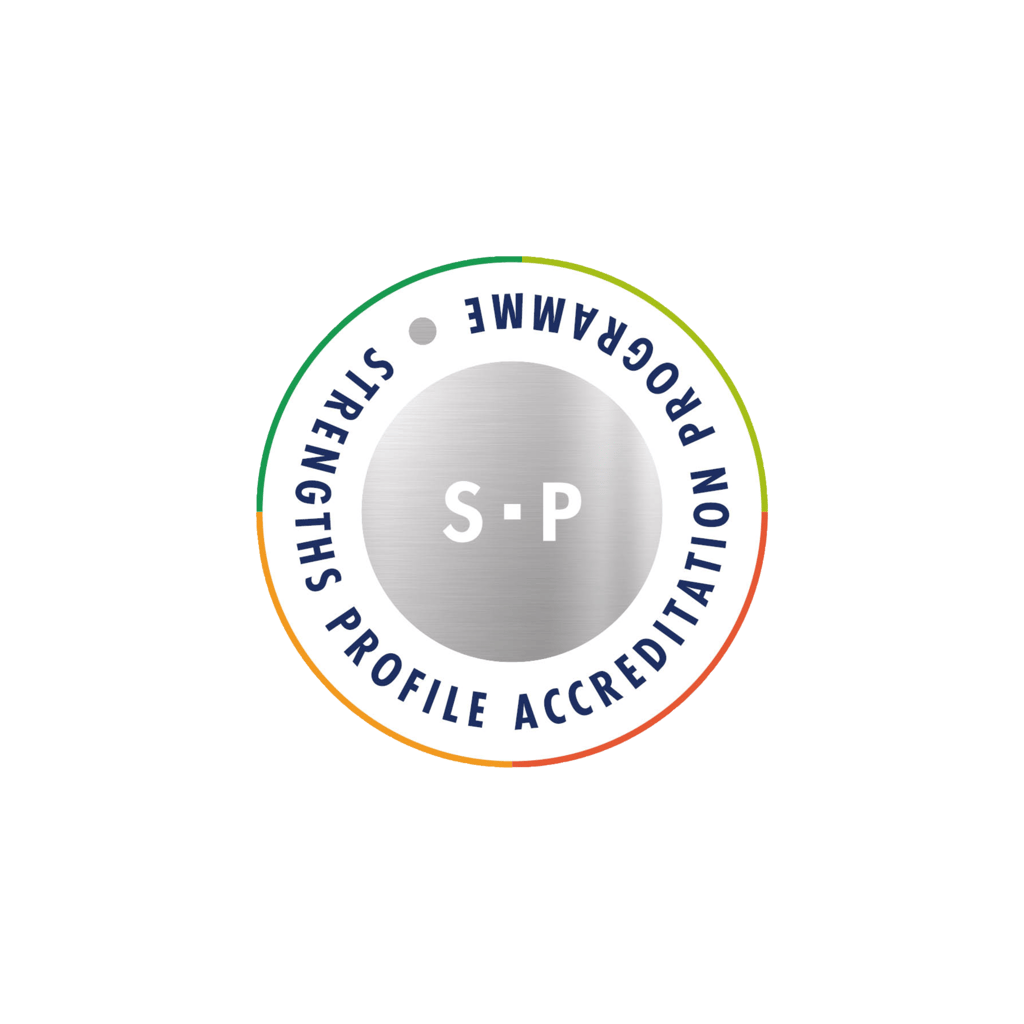

Terms & Conditions
Payment is immediate at the time of booking.
Prices quoted on the website are in AUD, and HiR is registered in Australia. Payments and invoices are available in AUD, USD, CND, GBP, or EURO.
All sessions are online, booked via Calendly and conducted using Google Meet unless expressly agreed otherwise. In-real-life sessions may incur additional fees for travel and incidental expenses.
Sessions can be rescheduled using the calendly booking system as required.
All Calendly sessions are booked with a 30-minute buffer so that James can extend the session without any challenges or additional fees should we continue to get the work done. After your kick-off session, the agreement with your coach on the specific results you want to achieve from your personalised program will be documented.


